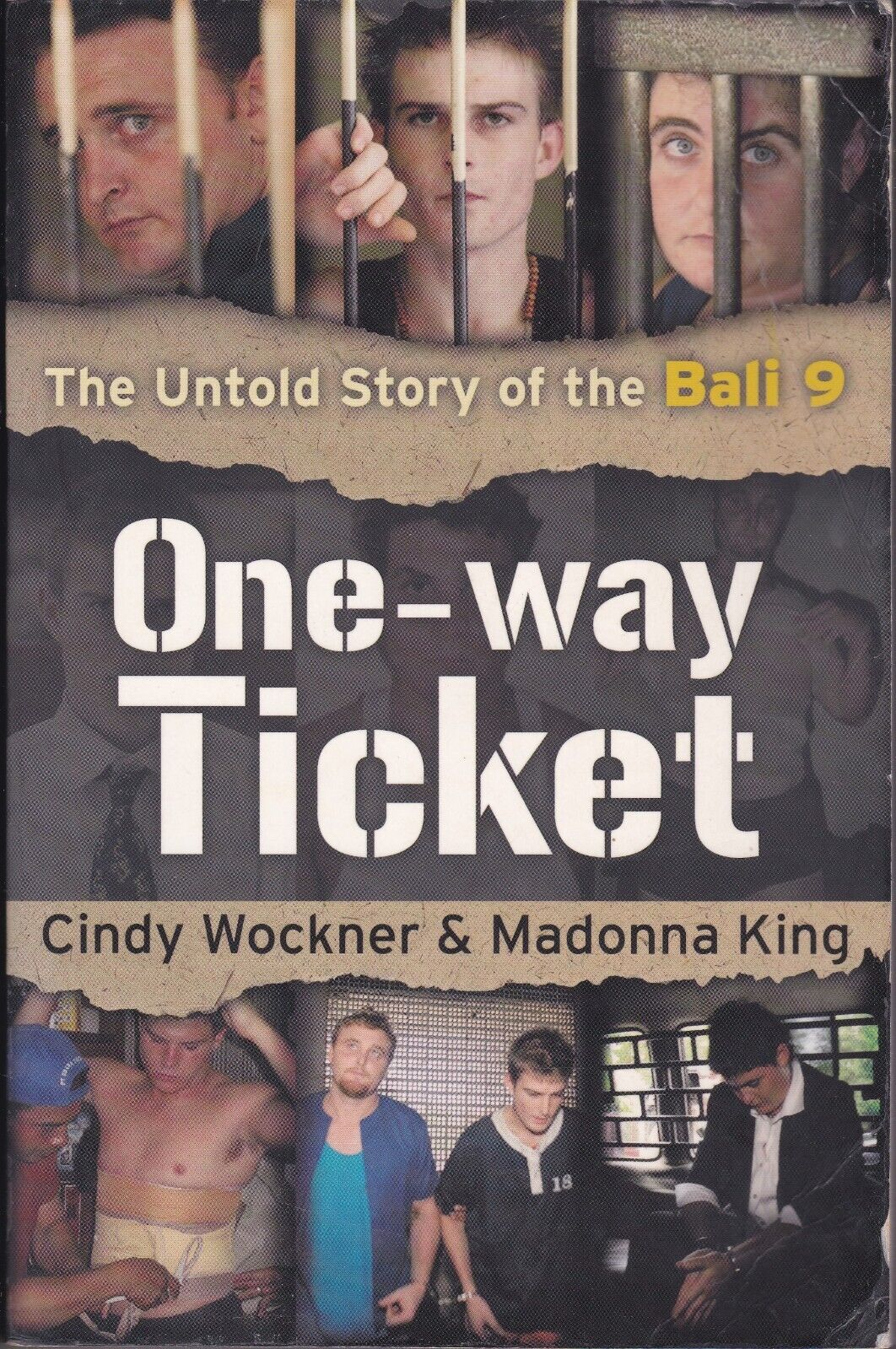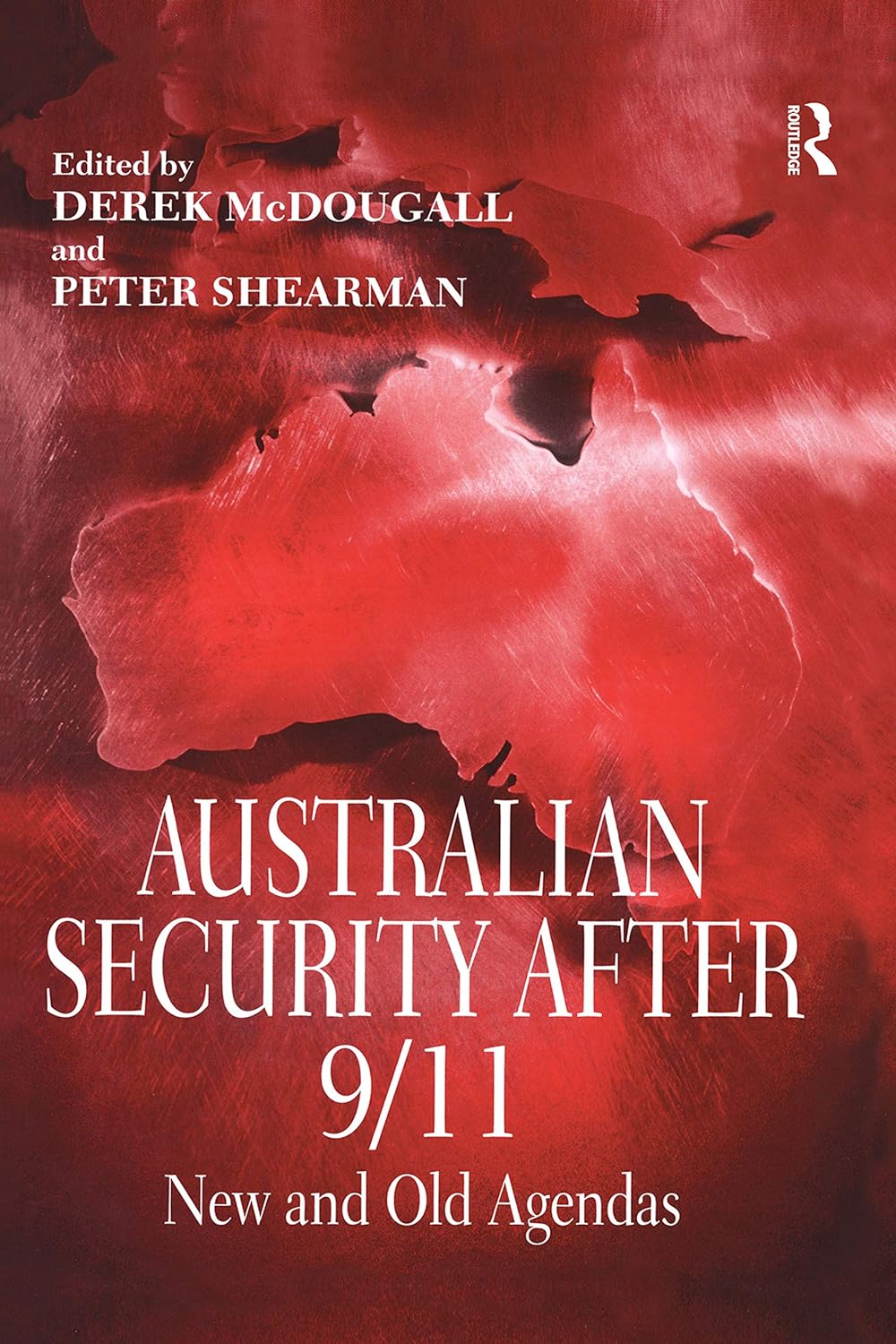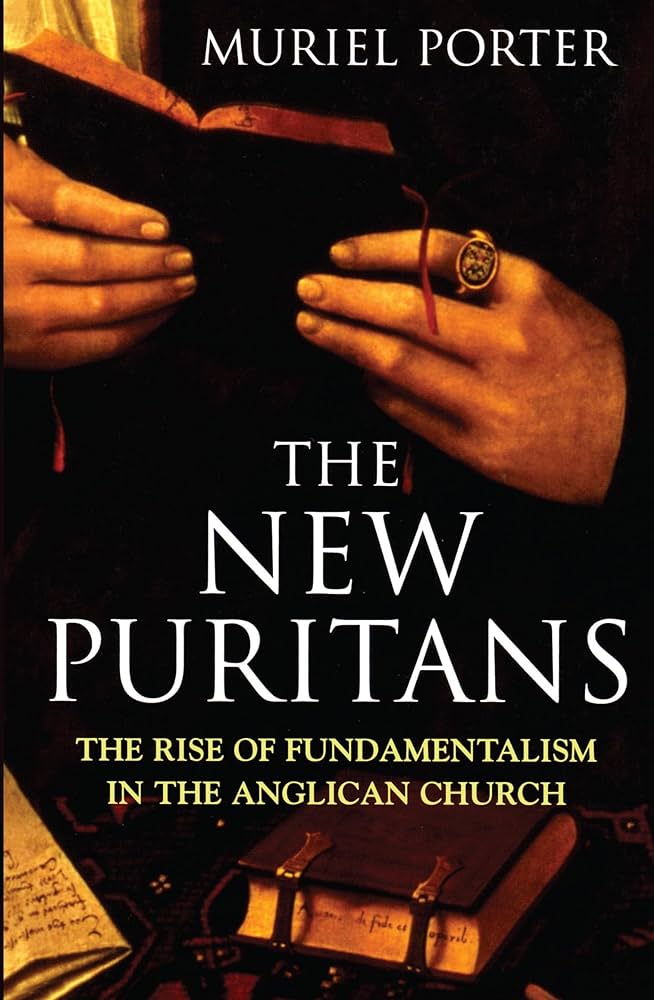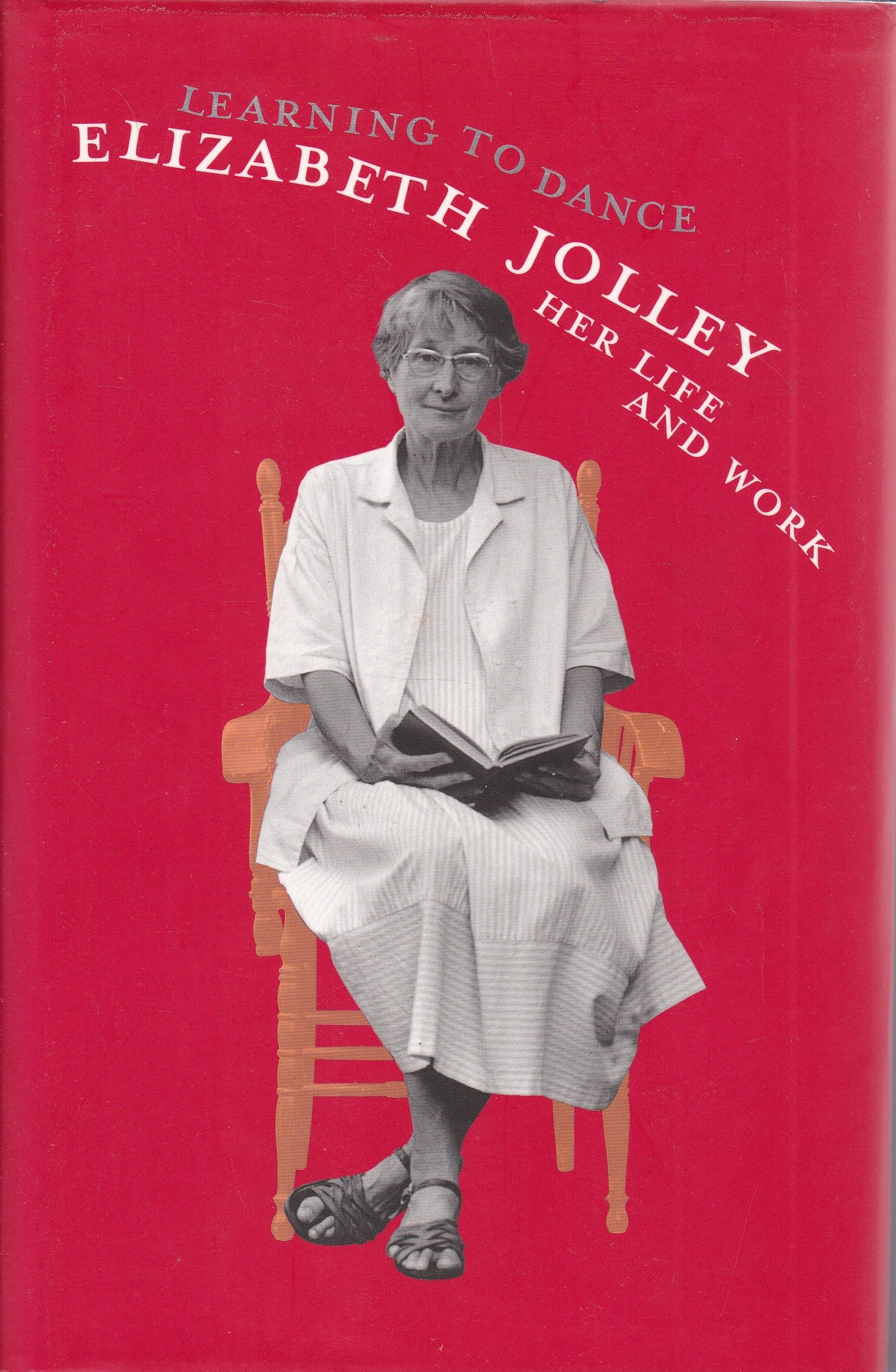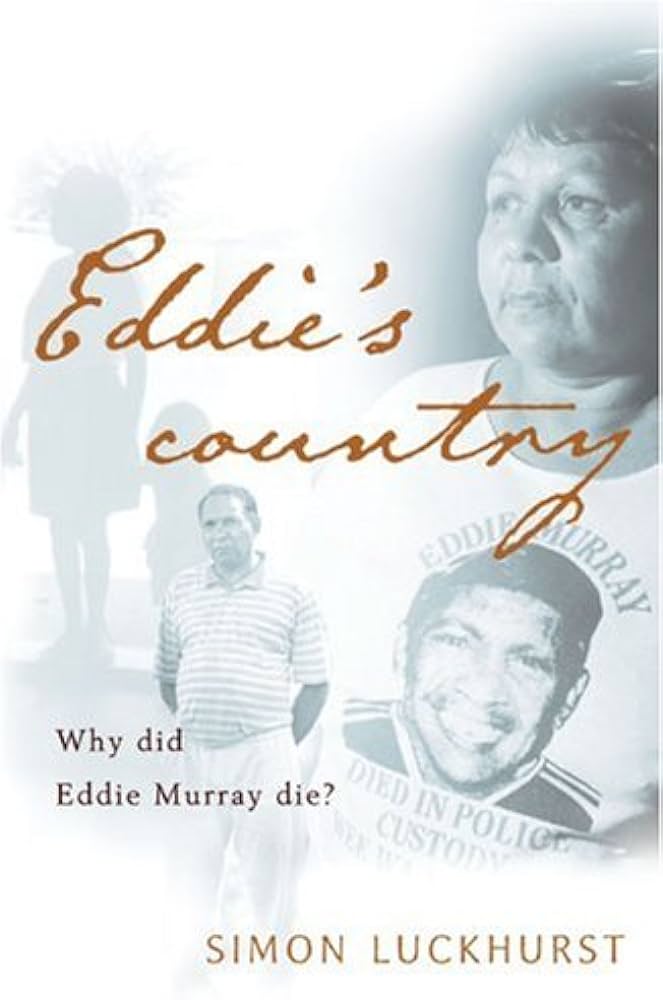Review
‘The best preserve of our humanity’, Ian Britain writes in his editorial to this edition of Meanjin (Only Human, 63:1, edited by Ian Britain $19.95 pb, 236 pp), remains words. Whatever ‘our humanity’ is, it is protected, kept alive, maintained, conserved – in language. ‘[C]ertainly’, he clarifies, in the ‘honed, considered words of the good … literary artist’, but perhaps even in ‘verbiage’.
... (read more)Mussolini’s Italy: Life under the dictatorship 1915–1945 by Richard Bosworth
by Judith Keene •
One Way Ticket: The untold story of the Bali nine by Cindy Wockner and Madonna King
by Marina Cornish •
Australian Security After 9/11: New and old agendas edited by Derek McDougall and Peter Shearman
by Michael Wesley •
Packer’s Lunch: A rollicking tale of Swiss bank accounts and money-making adventures in the roaring 90s by Neil Chenoweth
by Peter Haig •
The New Puritans: The rise of fundamentalism in the Sydney Anglican Church by Muriel Porter
by Philip Harvey •
Global Matrix: Nationalism, globalism and state-terrorism by Tom Nairn and Paul James
by Roland Bleiker •
Learning To Dance: Elizabeth Jolley – Her life and work edited by Caroline Lurie
by Shirley Walker •
Eddie’s Country: Why did Eddie Murray die? by Simon Luckhurst
by Sonja Kurtzer •


